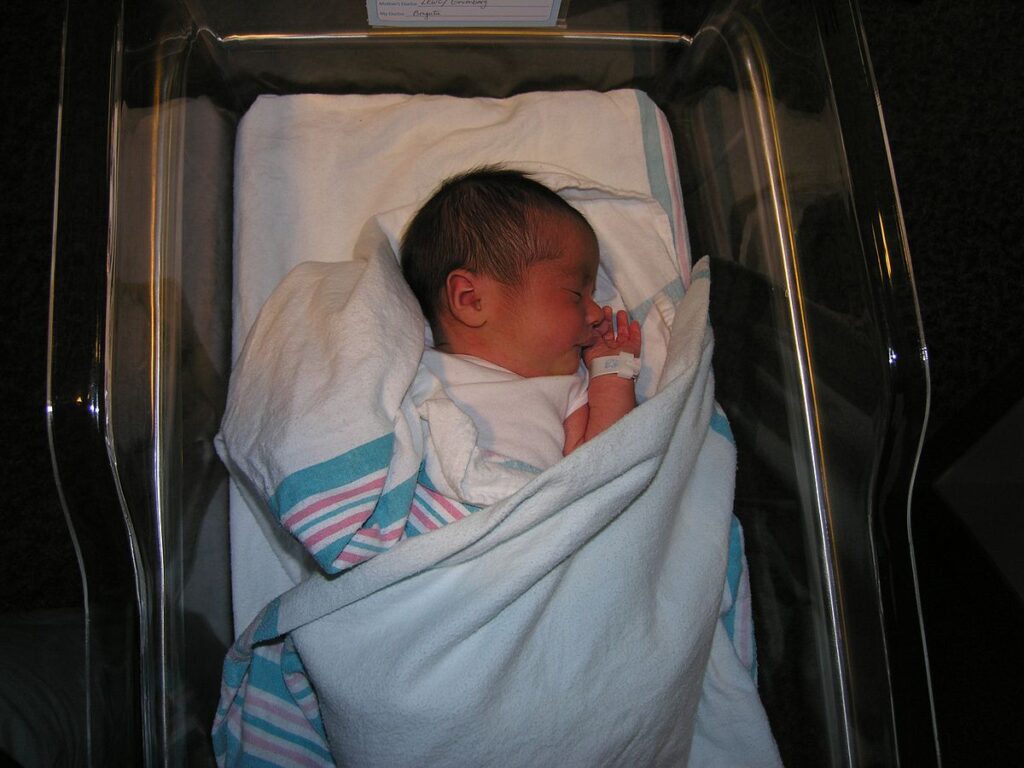As noted by the UK Health Security Agency (UKHSA), nine babies have died from whooping cough cases that occurred after November 2023. In May, the new cases stood at 2,591 and this brings the total number of cases recorded since January this year to 7,599. Specialists are predicting that this year will see a record rate of cases of the bacterial infection that is particularly dangerous for newborns.
Rising Cases and High-Risk Groups
Whooping cough also referred to as the 100-day cough or pertussis mostly impacts the lungs and involves persistent coughing. Among the 7,599 cases which were reported from January to May 2015, over half affected people who are above 14 years of age, in which the illness is usually mild. However, 262 cases were of babies thus being under 3 months, the most at risk for complications and death hence a clear indication of the dastardly effects of this virus.

Reasons for the Increase
Whooping cough rate in England has been on the rise and is in line with other countries with a cycle every 3-5 years. The last high incidence rate was recorded in 2016 and amounted to 5,945 cases. An outbreak in 2012 recorded more than 9,000 cases until a vaccine for pregnant women was developed.
According to the UKHSA, the transmission of whooping cough was affected by the pandemic where the growth of the number of cases was lower than if the pandemic did not occur. This “peak year overdue” has begun to take shape in terms of growing cases of the virus.
Vaccination Efforts
Vaccination uptake among pregnant women has declined, contributing to the current situation. In March 2024, only 58.9% of pregnant women received the whooping cough vaccine, compared to 72.6% in March 2017. Dr. Mary Ramsay, UKHSA immunization director, stressed the importance of vaccinating pregnant women to pass protection to their babies, who are most vulnerable in their first months of life before they can receive their vaccines.
Vaccination Recommendations
- Pregnant Women: Recommended the whooping cough vaccine during each pregnancy, preferably between the 20th and 32nd week, for their newborns.
- Newborn Babies: Three doses of the six-in-one vaccine were given at eight, 12, and 16 weeks of age which prevents whooping cough and other diseases.
- Children: Pre-school booster currently available with subsequent doses available up to the age of 10 in cases where the former doses have been omitted.
Recognizing Whooping Cough
It may start with cold-like symptoms from which the name whooping cough is derived as it may present with a runny nose and sore throat. About 1 week post infection, paroxysms of coughing may occur, which is more frequent at night. Babies may vocalize such as making a “whooping” sound or wheeze after the cough or have difficulty breathing at times; however, these symptoms are not always present to make diagnosis easy.
Preventive Measures
When diagnosed with whooping cough, a patient should stay at home and avoid going to work, school, or daycare for 48 hours after beginning antibiotic treatment, or for two weeks after symptoms start, if no treatment is received.
The UKHSA and health experts continue to urge pregnant women and parents to ensure vaccinations are up-to-date to protect the most vulnerable populations from this serious infection.








